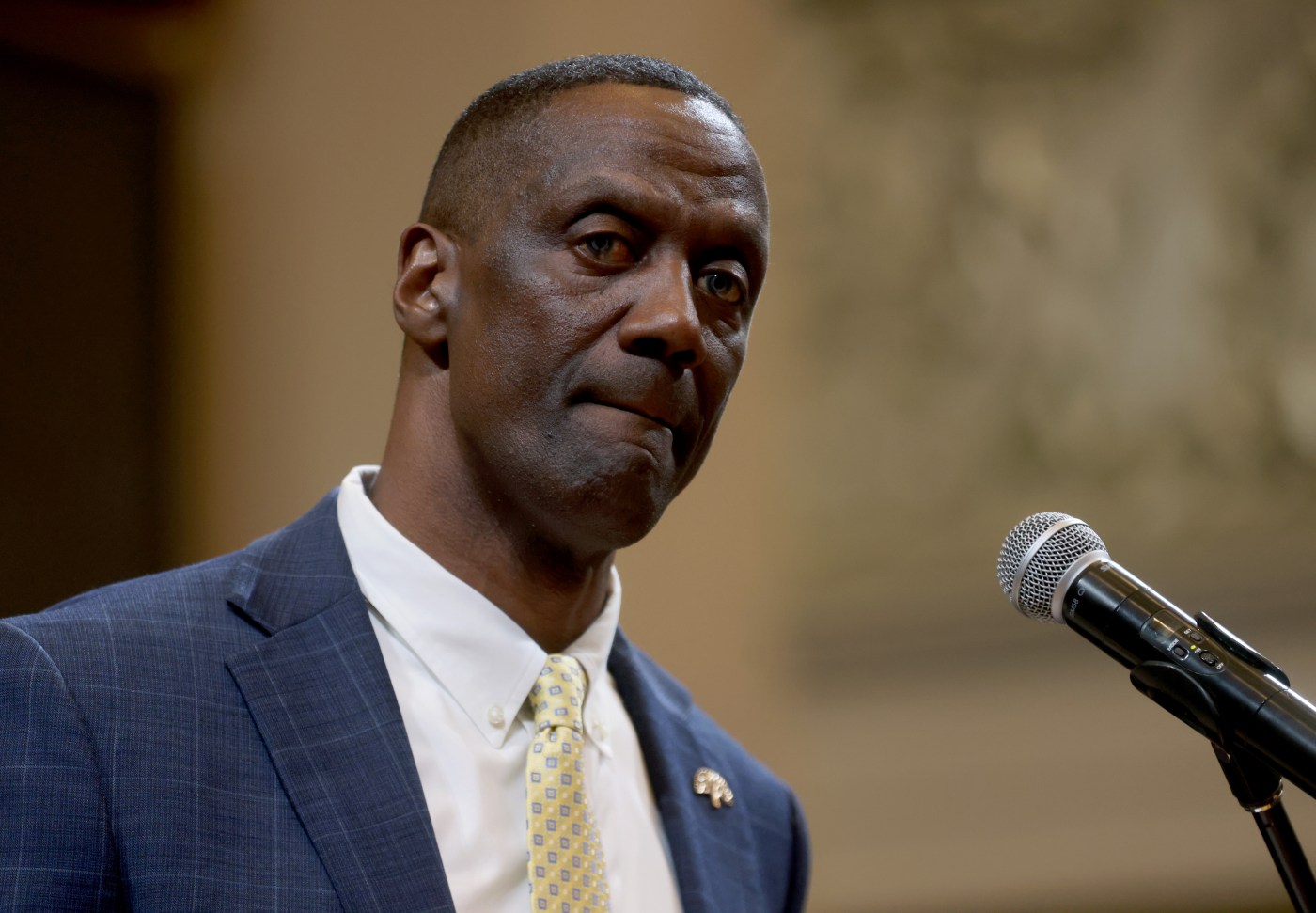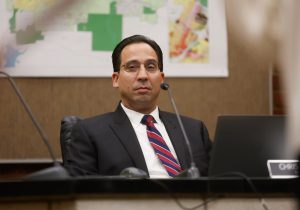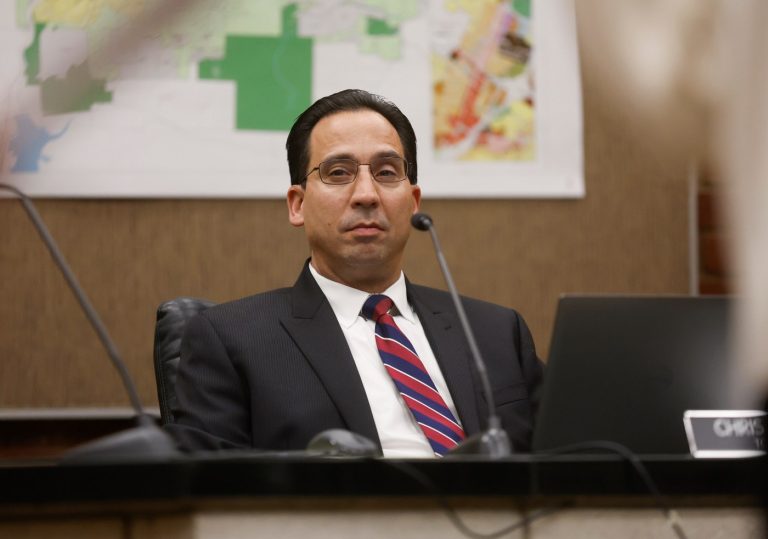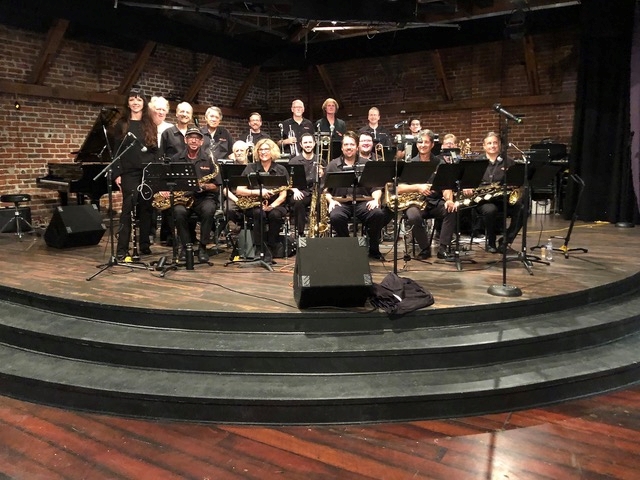The revelation of weighty discipline cases against several high-ranking Oakland police officers over an allegedly mishandled internal affairs investigation has plunged the scandal-ridden department into fresh controversy.
The timing is far from ideal, as a judge is scheduled to decide in June if the OPD can be freed from two decades of federal oversight. While the department was making steady progress in recent months toward having its conservatorship lifted, the fallout from this latest misstep could change that.
Few details of the discipline — which includes notices of intent to terminate Deputy Chief Drennon Lindsey and Sgt. Mega Lee, as well as at least one officer suspension — have been made available to police-oversight officials, who say they normally have access to investigative documents in such cases.
The officers facing punishment have the right to appeal and argue their cases in what’s known as Skelly hearing. They are accused of botching an internal affairs investigation into former Homicide Det. Phong Tran, who is facing a jury trial over allegations he bribed a confidential witness in a murder case.
The discipline could deal a significant blow to OPD’s command staff just before new Chief Floyd Mitchell joins in mid-May.
It has also raised eyebrows around the city because Lindsey, the deputy chief facing termination, is the wife of ex-Chief LeRonne Armstrong, who was fired last year by Mayor Sheng Thao.
The whole ordeal appears similar to other cases that, in the past, have prolonged OPD’s federal oversight and led Judge William Orrick to determine that the department “can’t police itself.”
What makes this case unusual to a pair of civil-rights attorneys — whose lawsuit against OPD first led to its placement in oversight two decades ago — is that they haven’t been allowed to view details of how the officers in these latest cases allegedly failed to hold Tran accountable.
“I have no idea whether the discipline is valid or not,” said Jim Chanin, who represented the plaintiffs in the Riders cases — a devastating cop-brutality scandal in 2000 that first led OPD to be placed under oversight. “I’m never going to agree to end the (oversight settlement) under these conditions.”
Oakland police Deputy Chief Drennon Lindsey. (Jane Tyska/Bay Area News Group File)
“It’s a critically important issue,” echoed John Burris, the other attorney. “Until we have proper information, we can’t take a position on it.”
Related Articles
Oakland police officer dies of injuries suffered in 2018 on-call crash
The last thing Oakland wants to deal with is layoffs — but they might be coming
Arrests, car recoveries and gun seizures rise in Oakland after state law-enforcement surge
High-ranking Oakland cops, including deputy chief, face serious discipline for allegedly botching investigation
Oakland’s mayor wants to bar civilian oversight group from next police chief search
Chanin had requested to view the documents, but was rebuffed last week by Brigid Martin, a special counsel in the city attorney’s office who cited among other reasons a need to protect “the integrity of ongoing related investigations.”
The letter, which Chanin shared with this news organization, also seemed to indicate that Robert Warshaw, the federal official appointed by a judge to monitor OPD, was not central to the discipline investigations into Lindsey and other officers.
Warshaw’s team did receive the investigative report, the letter confirmed, which means it could potentially play a role in whether he recommends extending OPD’s oversight further into the future.
But the monitor’s apparent lack of involvement disputes, at least in this case, a popular narrative championed by former police chiefs that Warshaw has cynically looked for reasons to discipline officers and keep the oversight in place.
All of this plays into the arrival of Mitchell, the former chief of Lubbock, Texas, who said at his public introduction last month that he is eager to guide OPD out of oversight once and for all.
It remains unclear who exactly was at leading the investigation, if not Warshaw, but multiple sources close to the situation said City Administrator Jestin Johnson was directly involved in the process, and so was Mac Muir, the head of the Community Police Review Agency.
New Oakland police Chief Floyd Mitchell gets a hug from Mayor Sheng Thao after he spoke at City Hall in Oakland, Calif., on Wednesday, March 27, 2024. (Jane Tyska/Bay Area News Group)
Asked directly last month about the discipline cases, Johnson denied having any knowledge, saying, “I stay out of the personnel stuff.”
City officials declined to respond to follow-up requests for more information, citing “confidential personnel matters.”
Muir, who also declined to comment, has taken on numerous personnel investigations since he was hired last summer as executive director of the Community Police Review Agency, which serves as the investigative arm of a powerful civilian-led cop-oversight body, the Oakland Police Commission.
“I hope that the commission can develop stronger protocols in this area so that we are far more informed than what this case has presented,” Marsha Peterson, who chairs the volunteer commission, said in an interview.
Mitchell, meanwhile, will enter a department with surprisingly few direct reports: Lindsey may potentially be terminated, while the current interim chief Darren Allison and Deputy Chief Clifford Wong have announced their retirements. But a cleaned-out roster is not entirely unusual.
“Every time you get a new chief, the executive team always changes,” said Sgt. Huy Nguyen, the head of the Oakland police officers’ union. “The chief is going to take the time to select his people.”












